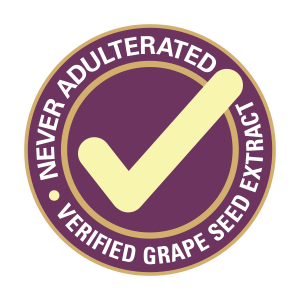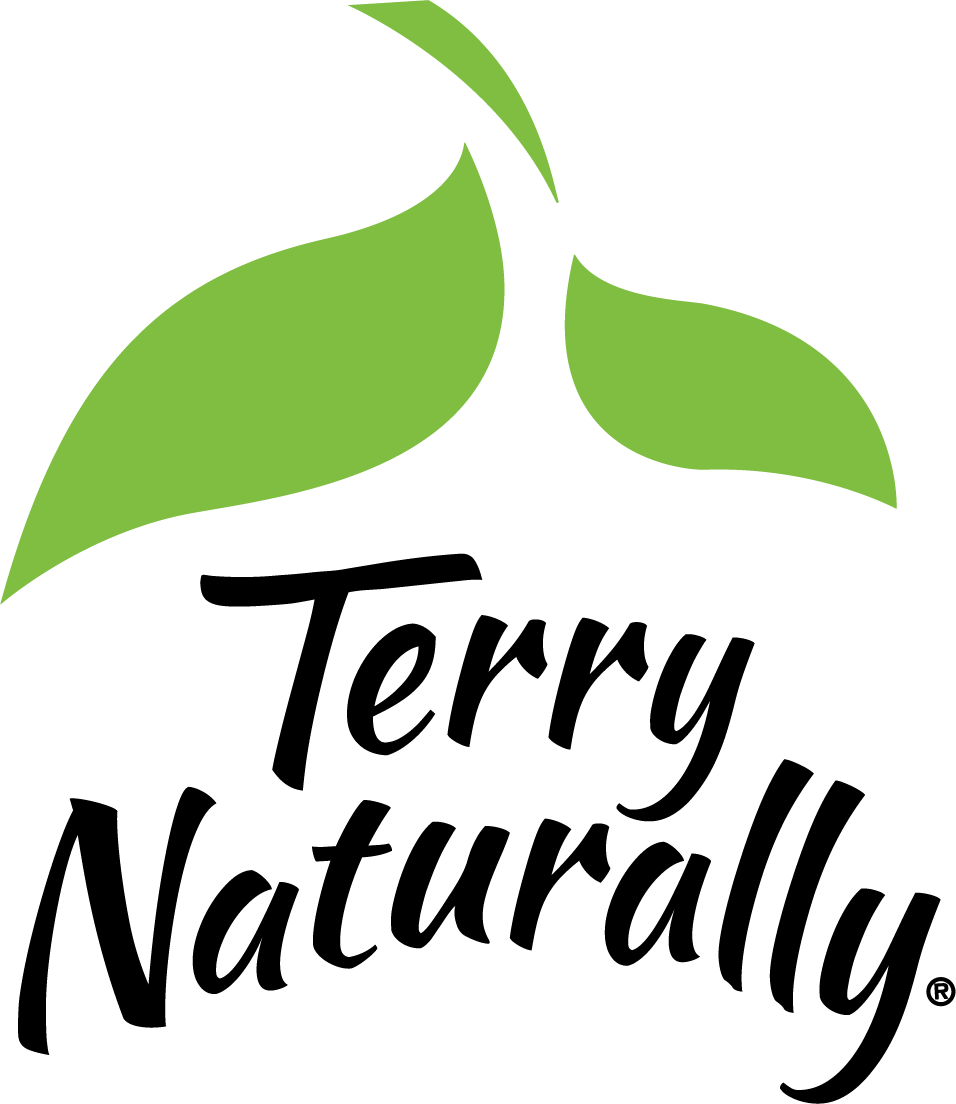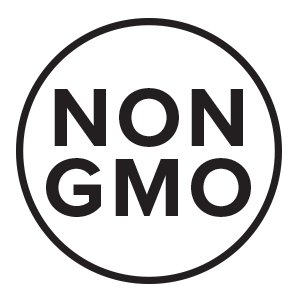Clinical OPC® 300 mg

French Grape Seed Extract VX1®
- SKU
- clinical-opc-300mg
Product Description
- Heart and arteries
- Blood sugar†
- Cellular protection^
- Cholesterol balance†
- Weight management††
- Focus and concentration
- Blood pressure†
- Liver function*
Superior Absorption for Maximum Benefits
 Oligomeric proanthocyanidins (OPCs) are powerful health-promoting nutrients in grape seed extract.* Researchers have found that grape seed extract is one of the most promising botanical extracts in the world for a diverse array of health applications.
Oligomeric proanthocyanidins (OPCs) are powerful health-promoting nutrients in grape seed extract.* Researchers have found that grape seed extract is one of the most promising botanical extracts in the world for a diverse array of health applications.
Clinical OPC features French grape seed extract VX1, which is back by 6 groundbreaking scientific studies and provides a strong ORAC value of 2,103,300 per 100 grams. This unique extract is never adulterated and is standardized for only small sized OPCs to better ensure absorption.
OPCs for Greater Antioxidant Activity
Clinical OPC supplies concentrated, low molecular weight OPC polyphenols with high absorbability.
Standard grape seed extracts contain high levels of large size grape seed compounds, which are not absorbable and have few health benefits. In comparison testing versus standard extracts, French grape seed extract VX1 had higher antioxidant activity for robust support.
Supplement Facts
Supplement Facts
| Ingredient | Amount/Serving | Daily Value |
|---|---|---|
| French Grape | 300 mg | ** |
(Vitis vinifera) Seed Extract (VX1®) **Daily Value (DV) not established. |
||
If pregnant or nursing, consult a healthcare practitioner before use.
FAQ
Frequently Asked Questions
What does low molecular weight mean and why is it important?
Are the grape seeds used in Clinical OPC really from French grapes?
Yes, the grape seeds used for Clinical OPC are from grapes grown in the Champagne region of France.
What does ORAC value mean, and why is it important?
ORAC, or oxygen radical absorption capacity, is the measurement of the free radical fighting strength of an antioxidant. The higher the ORAC value, the more ability it has to reduce oxidative damage to the cells.
I’ve heard that many grape seed extracts are adulterated. What does that mean, exactly?
Adulteration is a way that unscrupulous companies cheat consumers. It usually means that a cheap ingredient has been substituted for the expensive one listed on the product label. In other words, consumers believe they are paying for one thing but are getting an inferior substitute instead. Unfortunately, adulterated products – and specifically adulteration of grape seed products – is increasingly common. In fact, an investigation published in the journal Food Chemistry in 2015 found some alarming results. After testing 21 commercially available products claiming to contain grape seed extract, they found that 70 percent were subpotent extracts or contained no grape seed at all.
• Only 6 were potent grape seed extracts
• 9 were very low potency – barely any OPCs (the key beneficial compounds in grape seed), and
were probably grape seed mixed with peanut skin
• 6 had NO grape seed extract, but were entirely peanut skin extract, which could be potentially
harmful for individuals with allergies
That’s not something you have to worry about with any of our Clinical OPC supplements. Our French grape seed extract VX1 is verified by independent testing to be real grape seed extract, and we guarantee what is listed on the label is what is in the product. Your good health deserves it.
Source: Villani TS, Reichert W, Ferruzzi MG, Pasinetti GM, Simon JE, Wu Q. Chemical investigation of commercial grape seed derived products to assess quality and detect adulteration. Food Chem. 2015 Mar 1;170:271-80.




